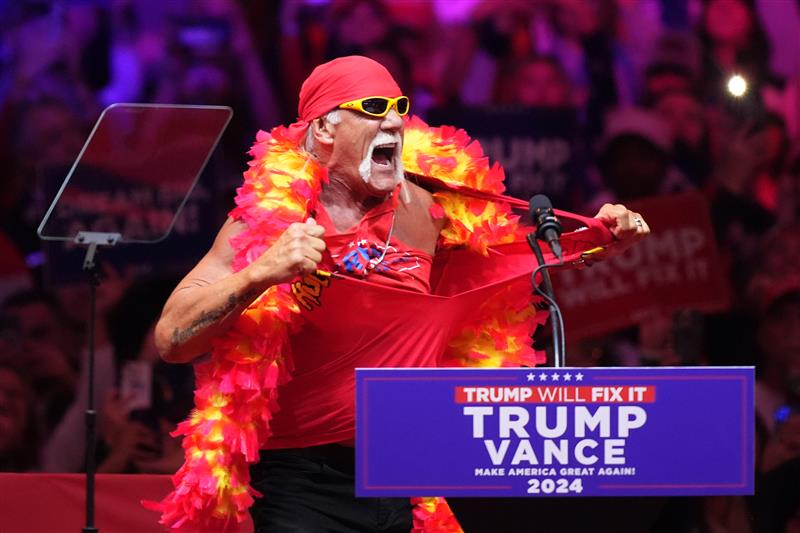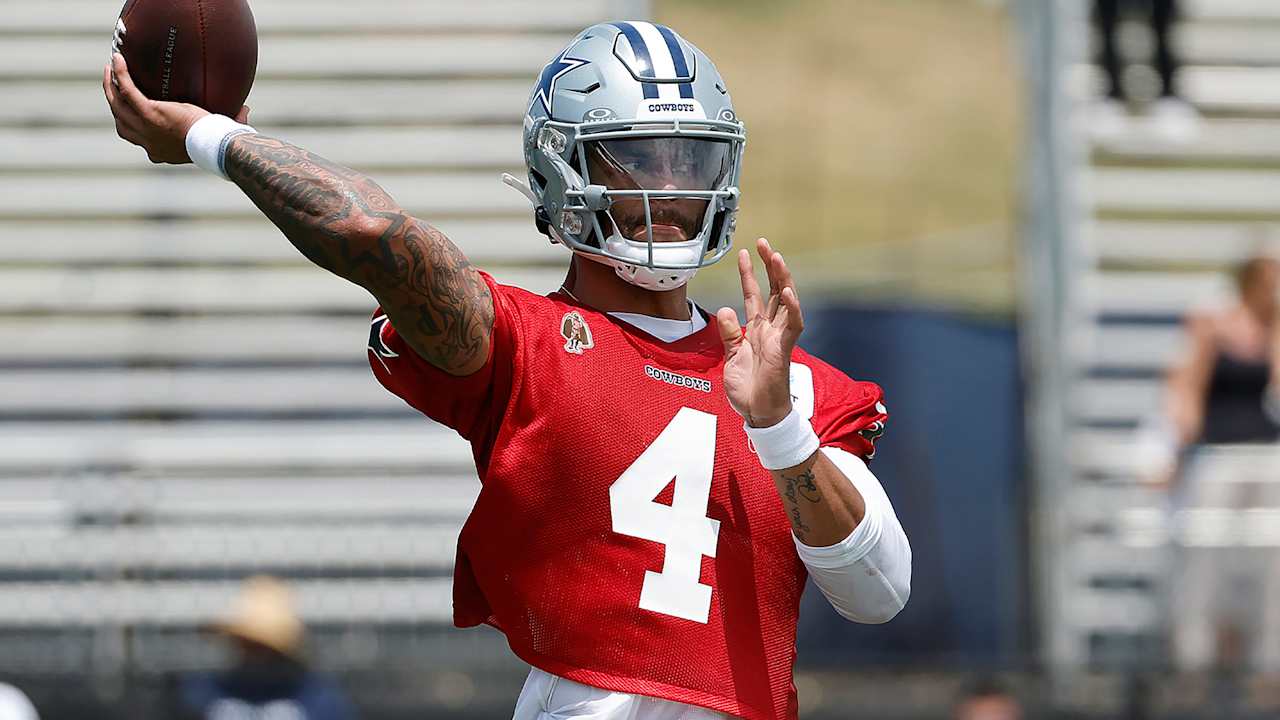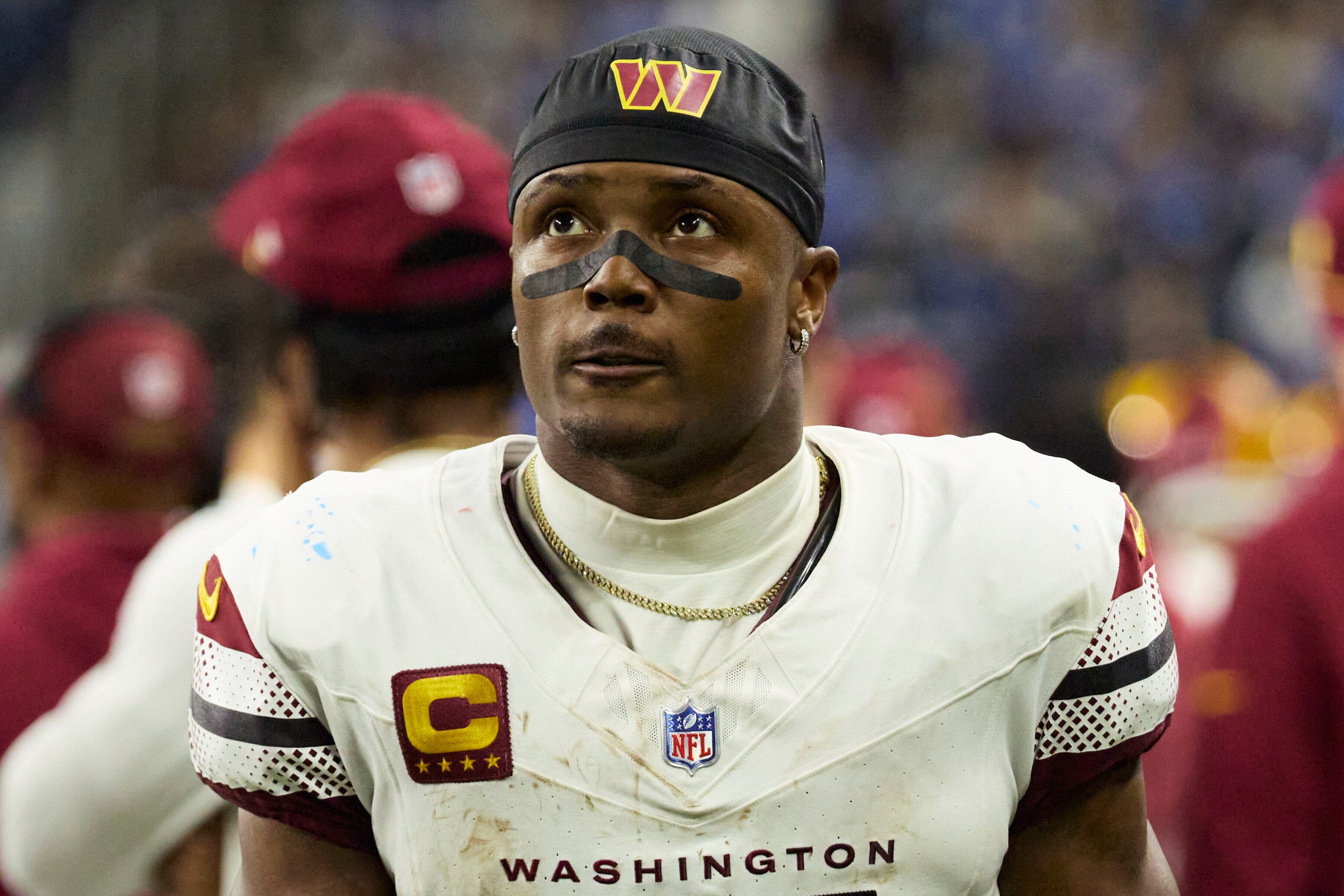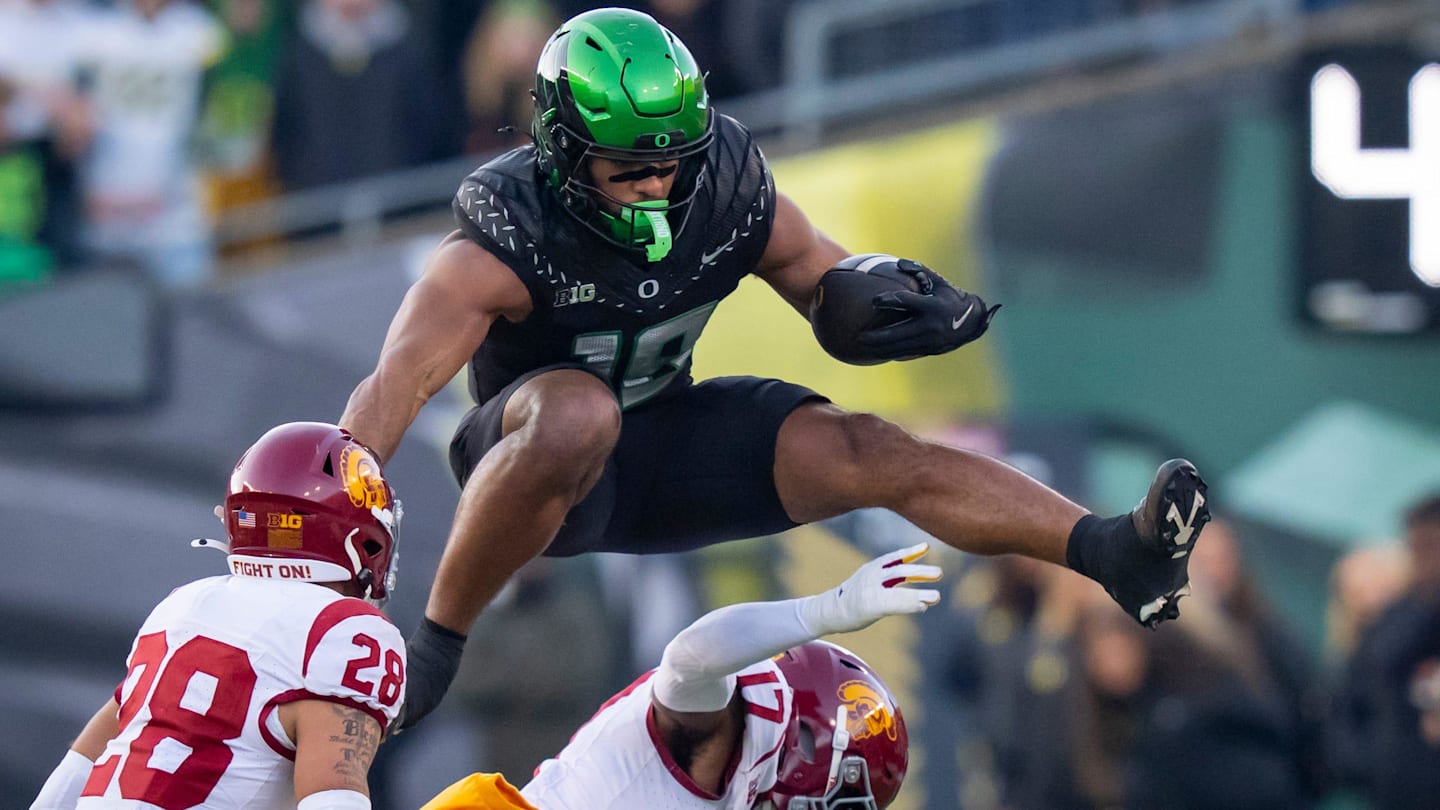Los Angeles Chargers Secure Offensive Line with Record-Breaking Deal for Rashawn Slater

Introduction
The Los Angeles Chargers have made a significant move to secure their offensive line for years to come. As reported by ESPN's Adam Schefter, the team has reached a record-breaking deal with left tackle Rashawn Slater. This four-year, $114 million contract extension includes a whopping $92 million guaranteed, making Slater the highest-paid offensive lineman in NFL history.
Key Details
The decision to invest in Slater is a testament to his exceptional performance on the field. Since being drafted in the first round of the 2021 NFL Draft, he has proven to be a valuable asset to the Chargers' offense. In his rookie season, Slater started all 16 games and allowed just one sack, earning him a spot on the All-Rookie Team. With this new deal, the Chargers are making a strong statement about their commitment to building a successful team.
Impact
The impact of this record-breaking deal goes beyond just the Chargers organization. It sets a new standard for offensive linemen in the league and highlights the importance of protecting the quarterback in today's pass-heavy NFL. Slater's deal also raises the bar for future offensive linemen contracts, as teams will need to compete with this record-breaking guarantee. This move could potentially spark a trend of higher-paying contracts for top-performing offensive linemen across the league.
About the Organizations Mentioned
Los Angeles Chargers
The Los Angeles Chargers are a professional American football team competing in the National Football League (NFL). Founded in 1960 as part of the American Football League (AFL), they originally played in Los Angeles before relocating to San Diego in 1961 and then returning to Los Angeles in 2017. Currently, they play their home games at the state-of-the-art SoFi Stadium, a modern venue reflecting the organization's connection to technology and innovation[1][4]. The Chargers have a rich history marked by notable players and achievements. Key figures include LaDainian Tomlinson, the Hall of Fame running back drafted in 2001, who set NFL single-season touchdown records and became the franchise's all-time leader in rushing yards and touchdowns. Another cornerstone was tight end Antonio Gates, regarded as one of the best in his position with multiple All-Pro selections and team receiving records. Quarterback Philip Rivers, who led the team from 2006 to 2019, ranks among the NFL's all-time leaders in passing yards and touchdowns. More recently, young quarterback Justin Herbert has emerged as a star, setting rookie passing records and signaling a new era for the franchise[1]. In the 2025 NFL season, the Chargers hold a competitive record, standing second in the AFC West with a 5-3 overall performance. They rank highly in passing offense (3rd) and overall offense (3rd), reflecting strong tactical execution and player development. The team employs a Base 3-4 defensive scheme and maintains a deep and versatile roster, highlighting their strategic and organizational adaptability[2][3]. Off the field, the Chargers engage in community and sustainability initiatives, partnering with local organizations to promote recycling and environmental responsibility in Los Angeles. Their operations also emphasize scouting and developing undrafted free agents, underscoring a forward-thinking approach to talent acquisition and team building[4]. Overall, the Los Angeles Chargers combine a storied legacy with a modern, tech-savv
ESPN
ESPN, originally the Entertainment and Sports Programming Network, is a dominant American sports media corporation headquartered in Bristol, Connecticut. Founded in 1979 by Bill Rasmussen, Scott Rasmussen, and Ed Eagan, ESPN pioneered the concept of a 24-hour all-sports cable network, quickly establishing itself as the "Worldwide Leader in Sports." Today, ESPN is owned 80% by The Walt Disney Company and 20% by Hearst Communications, operating as ESPN Inc. The organization broadcasts from its main studios in Bristol, with additional offices and studios across the U.S., and reaches audiences globally through 64 linear networks and digital platforms in 141 countries. ESPN’s rise was fueled by securing broadcast rights to major professional and collegiate sports, making it a household name. At its peak in 2011, ESPN reached over 100 million U.S. pay TV households, though that number has since declined to about 70 million as viewership shifts toward digital platforms. ESPN’s portfolio now includes seven U.S. cable networks (ESPN, ESPN2, ESPNEWS, ESPNU, ESPN Deportes, SEC Network, ACC Network), ESPN on ABC, ESPN Radio, and a robust digital presence via ESPN.com, the ESPN App, and ESPN Fantasy Sports. A key achievement in recent years is the launch of ESPN+, its direct-to-consumer streaming service introduced in 2018, which has expanded to include thousands of live events and original programming. In August 2025, ESPN launched a new flagship direct-to-consumer product, offering two subscription tiers—ESPN Unlimited and ESPN Select—providing access to all ESPN networks and exclusive content. This move reflects ESPN’s strategic pivot to adapt to changing media consumption habits, including partnerships with entities like WWE for premium live events. Despite facing challenges such as rising broadcast costs and criticism over coverage biases, ESPN remains a major force in sports media,
















